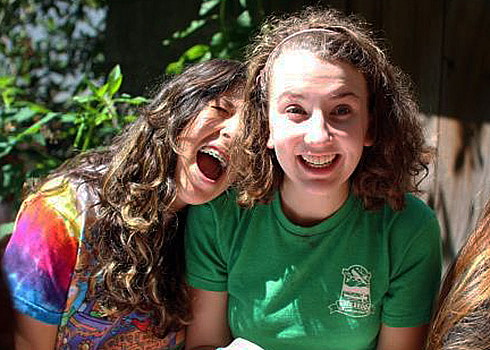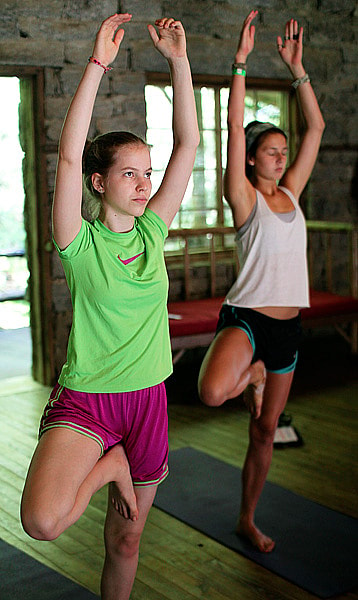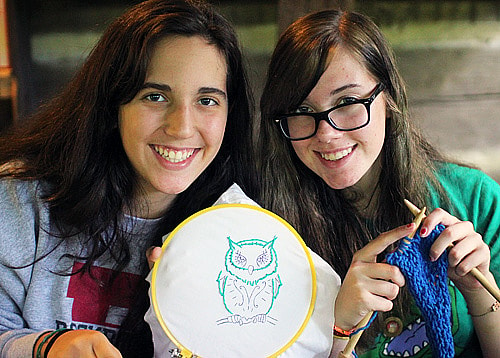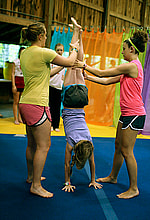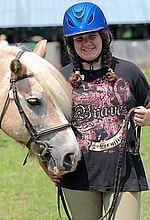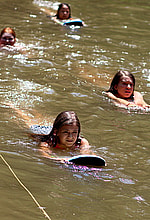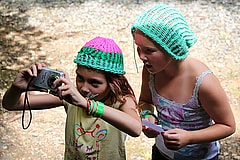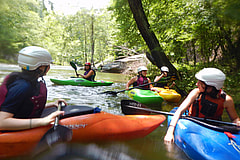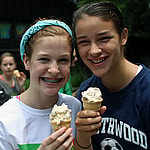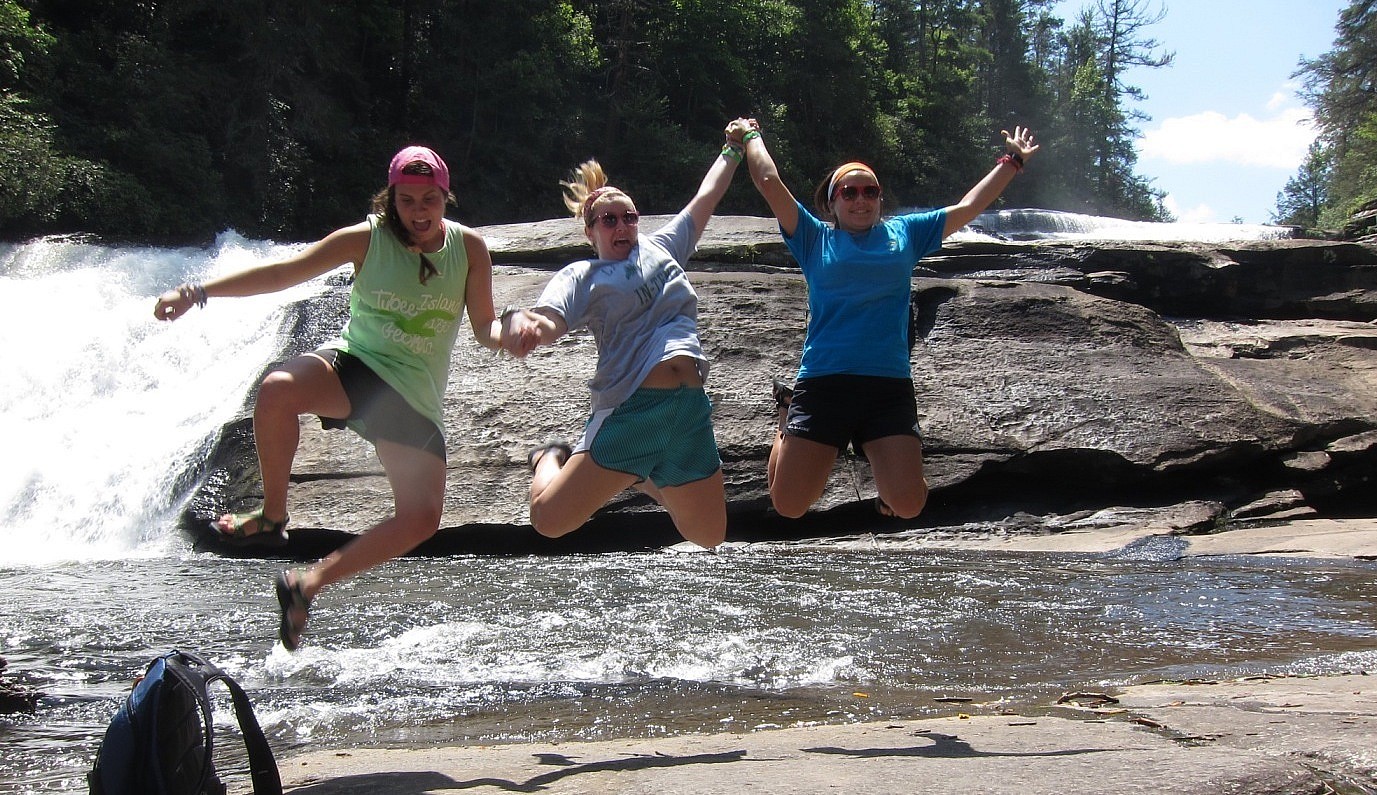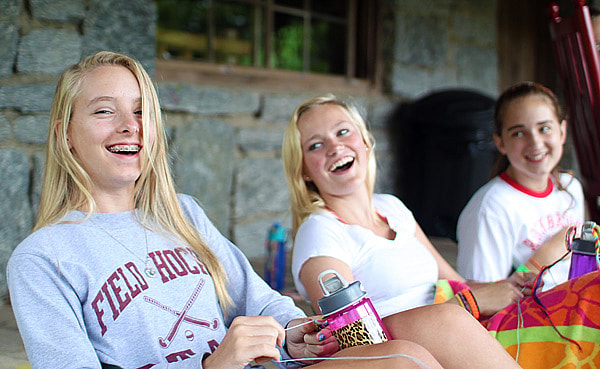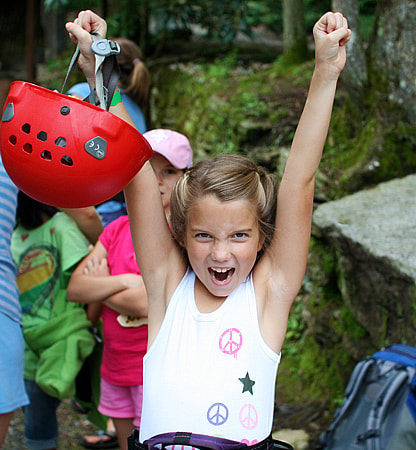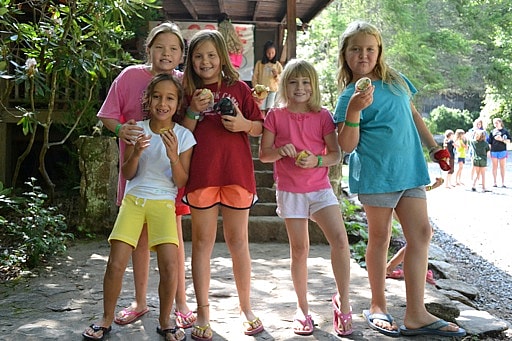Although girls naturally foster a sense of self-esteem and independence merely by being away from home at a sleep-away camp, Rockbrook goes out of its way to create the camp structure that best allows for girls’ growth and autonomy. One of the best ways Rockbrook allows for the self-direction and experimentation necessary to create a sense of independence is by giving girls the opportunity to design their own camp experience.
One aspect of Rockbrook that sets us apart from other camps is that rather than sending our campers to pre-assigned activities, we ask them to choose which activities they’d like to take themselves. Twice a week, counselors go from cabin to cabin with clipboards displaying the choices for each of the four activity periods. Each camper gets to pick the four activities she desires, and her counselor fills them out on an activity schedule card.
Girls, especially teenage girls, can often struggle with making decisions and expressing assertiveness. Rather than making the intimidating choice to express an opinion, they might instead opt to feign indecisiveness. This can be attributed to a variety of social pressures girls might feel; they could be worrying about making a decision that might upset others, or that making a choice could reflect poorly on them, making them look “dumb” or “weird.” Since each and every girl is asked to choose her own activities, free from the influences of family and friend groups from home, Rockbrook’s system of activity choice allows girls to enjoy the empowerment that comes from designing their own camp experience in a way that also preserves them from the anxieties created by peer pressure.
Although sometimes campers do not at first get to take their “ideal” schedule because an activity has been filled to maximum capacity, we go out of our way to ensure that each girl takes her most desired activity at least once by the end of the session. On Fridays we offer an extra “choice activity” to accommodate for the girls who have not yet had an opportunity to take some of the more popular activities here at camp.
In addition to picking their own regular daily activities, girls can also choose to sign up for special activities such as overnight backpacking trips, day hikes, and kayaking and white water rafting trips to nearby rivers.
One of the benefits of staying for a longer session at camp, such as our 4-week session, is that we have more time to fill with these special trips and activity sessions that girls can pick-and-choose from to create their own unique camp experience. For example, this session we have offered an unprecedented daily “roll clinic” to help aspiring kayakers learn how to “roll” their kayak back into an upright position if it flips over. We have also had special hikes to Quentin Falls, the Blue Ridge Parkway, and other nearby areas.
By not only offering a wide variety of exciting activities that girls are unable to do at home, but also allowing girls to choose for themselves which of those activities they would like to try, Rockbrook really does set itself apart as a “place where girls can grow.”
—Haley Hudler

